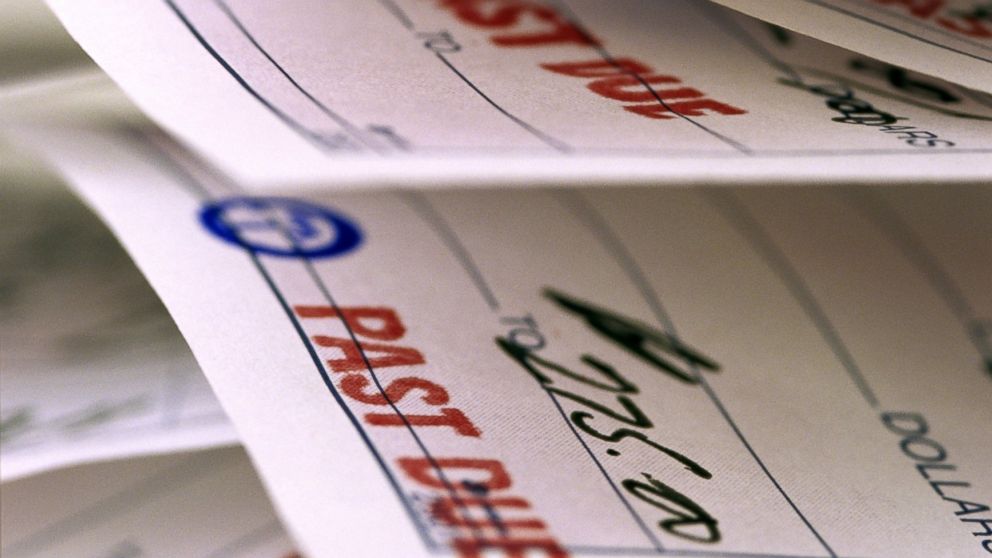10 things anyone dealing with a debt collector should know
Knowledge is a superpower when it comes to dealing with a debt collector.

— -- Getting a debt collection call is never fun. Even in a best-case scenario — it's your debt and you can pay — that outstanding account can cause a headache or two. And if the debt's contentious, not yours or just too darn high, the situation can become (or at least feel) a lot more dire. But knowledge is a superpower when it comes to dealing with a debt collector in any shape or form.
Here are 10 things anyone who's gotten a debt collection call should know.
1. You Have RightsYes, a debt collector has every right to collect on a debt you legitimately owe, but there are rules and restrictions — formally known as the Fair Debt Collection Practices Act (FDCPA) — that govern how they can go about their business.
2. Old Debts ExpireEach state also has laws specifying how long collectors have to sue you over a debt. In most states, these time limits last for four to six years after the last payment made on the account. You can consult this chart to determine your state's statutes of limitations (SOL) — and if you get a call about a very old debt, you should really consult this chart, because ...
3. Zombie Debts Are Real ...Collection accounts get resold all the time, and it's not uncommon for someone to get a call about a debt that's outside the SOL or no longer owed. The latter is illegal, but the former may not be: The SOL applies to how long a collector has to sue you over a debt, but, in many cases, they can still try to get you to pay.
4. ... And You Can Wind Up Reanimating ThemIf the old account is legit, you can unwittingly restart the clock on the SOL by paying part of the debt or even agreeing over the phone that it's yours. If you get a call about a debt, be sure to get all the details before saying you owe. That due diligence is doubly important because ...
5. There Are a Lot of Scammers Out ThereThat's not to say you're talking to one, but you'll want to stay on guard. "Ask the caller for their name, company, street address, telephone number and if your state licenses debt collectors, a professional license number," according to the Consumer Financial Protection Bureau (CFPB), which has more tips for spotting a debt-collection scam on its website.
6. You're Entitled to Written VerificationIn fact, FDCPA requires a collector to send a statement outlining the specifics of the debt within five days of contacting you. That notice — which is basically step one in determining whether a debt's legit — must include the amount of money you owe, the name of the original creditor and what actions to take if you believe the information is wrong.
7. You Can Dispute the DebtDebt collectors must investigate a debt so long as you file a dispute in writing within 30 days of their initial contact — and they're to cease contact until they verify (again in writing) that you owe the amount in question.
8. Collectors Can't Just Inflate What You OweRegarding that amount: A debt collector can charge interest, but only up to the amount stipulated in your contract with the original creditor. Most states also cap the amount of interest and fees a debt collector can charge.
9. You Can Ask Them to Stop Calling Per FDCPA, a collector must cease contact if you send a letter requesting they do so. That letter won't absolve you of a legitimate debt, but it can curb incessant and heated phones calls, which is important because ...
10. Too Many Calls Are IllegalAnother facet of FDCPA: Collectors can't call you too early in the morning (before 8 a.m.), too late at night (after 9 p.m.), too many times a day or at work once you tell them not to. They're also not allowed to use abusive language — no cuss words or name-calling.
Want to know more ways to effectively handle debt collectors? You can see the full list of 50 things anyone dealing with a debt collector should know on Credit.com.
Jeanine Skowronski is the executive editor of Credit.com.
Any opinions expressed in this column are solely those of the author.

